A smart taxpayer will proceed with the April 18th tax return filing deadline in mind and then decide if seeking a standard automatic six-month extension is a wise decision for your situation.
When should you file for an extension on your tax return this year? With news reports about the Internal Revenue Service’s backlog of 10 million 2019 and 2020 tax returns awaiting processing, taxpayers are hearing guidance to hurry up and file their tax returns as soon as possible and not seek an extension this year.
Not so fast! A one-size-fits-all solution rarely applies to the Internal Revenue Code and this year is no different. Complications caused by the IRS backlog, personnel shortages, and congressional inaction on budget legislation this year may make it worth your while to seek an extension.
The IRS has said it has no plans to extend the April 18 filing individual filing deadline for everyone as it did last year. So, does what’s happening at the IRS affect you? The agency usually starts the tax year with a backlog of about 1 million unprocessed returns. After hearing earlier there were more than 6 million returns awaiting processing, that figure now has climbed to 10 million. COVID, deep budget cuts, a 25 percent reduction in staff, and obsolete computers all degrade the agency’s performance. At the same time, the agency’s workload grew exponentially after stimulus payments and child tax credits were enacted to stabilize the economy through the pandemic.
When is it worthwhile to file an extension? The caution to file early and electronically this year comes from the fact that returns submitted on paper must be processed by a human, which slows the process, but that may not be sufficient reason. Anyone who submits a Form 4868 filing extension request, is automatically granted six additional months to file their tax return. Submit the form and you have until October 17 to file. The IRS does not extend the deadline to pay your taxes so even if you don’t file a return until October, you have to calculate how much tax you owe and pay the IRS by April 18.
Filing an extension provide some important benefits.
If you’re scrambling to gather records to file at the last minute, your tax preparer is more likely to make a mistake or miss an important deduction. Besides reducing opportunities for error, the simplest benefit of an extension is that you and your tax professional then have six months to ensure you claim every deduction to which you are entitled.
Business owners can make SEP IRA contributions as late as the extended filing due date so with an extension you have contribute until October 17. You are not allowed to make prior year contributions to a traditional and/or Roth Individual Retirement Account after the April 18 deadline.
Another benefit of filing for an extension is that it allows you to take advantage of any retroactive changes Congress may enact after the April deadline without the added time and expense of filing an amended tax return to benefit.
President Biden’s Build Back Better Act proposed significant tax law changes. While that bill is not advancing, he and others in Congress hope to enact smaller bills containing popular parts of the Build Back Better Act in the coming months. A top priority for many is the proposed lifting of the state and local tax cap, which currently limits federal deductions for those taxes to $10,000 a year. The BBA would’ve raised the cap to $80,000, valuable savings depending upon where you live.
You may have to file for an extension if you’re waiting for needed tax information before completing your return. If you’re waiting for an employer’s W-2 form, a 1099 form for contract or self-employment earnings, or a Schedule K-1 for partnership income, you will need to file for an extension and pay the expected tax due if you do not receive the forms you need by the April filing deadline.
Penalty Avoidance: The most important reason to seek for an extension
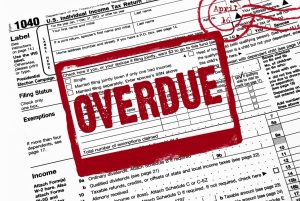
The most important reason to file for an extension before the April 18 deadline is to avoid late penalties you will incur until you file. Tardy taxpayers receive two penalties. First, the IRS will charge you a late filing penalty of 0.5 percent for each month and any partial month on any taxes due, up to a maximum of 25 percent of your unpaid taxes. An interest penalty of about 5 percent compounded daily will be added. By filing for a timely extension and submitting your return by October 17, you will avoid the 5 percent per month late penalty.
If you are in a cash crunch when taxes are due, consider asking the IRS for an installment agreement. These have lower penalties, and you can repay the debt owed in monthly payments. You also can pay with a credit card. This adds interest to the cost but avoids the 5 percent IRS penalty.
What about state income tax returns? Most states do not require taxpayers to file a form to request an extension on filing state tax returns, but some do so check with your tax adviser. As with the IRS, you must pay any state income taxes you owe on time to avoid a late penalty.
The Bottom Line
The more complicated your tax return is, the more likely you are to benefit from filing for an extension. Contact TSP Family Office to learn if filing an extension is to your benefit before the April 18 filing deadline. You can reach us at (772) 257-7888.

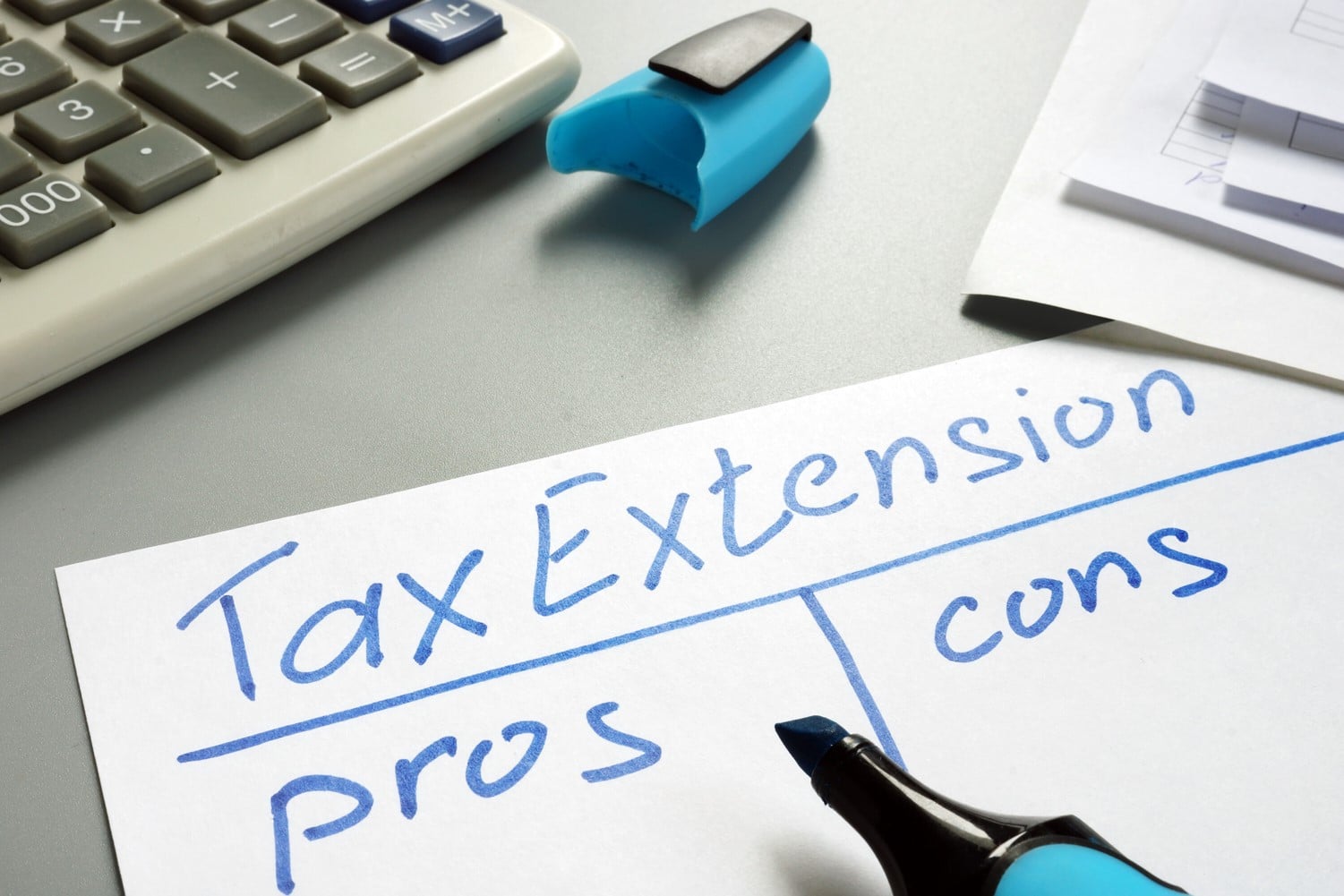
;)
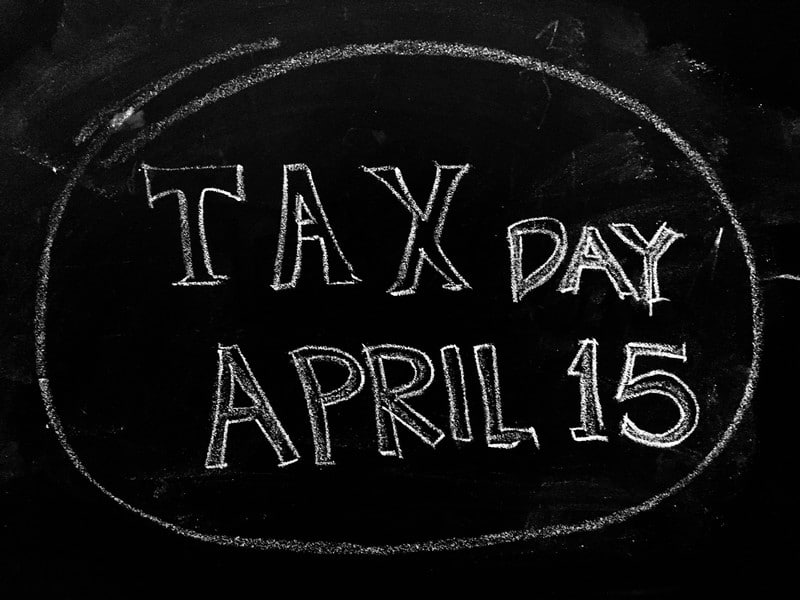;)
;)
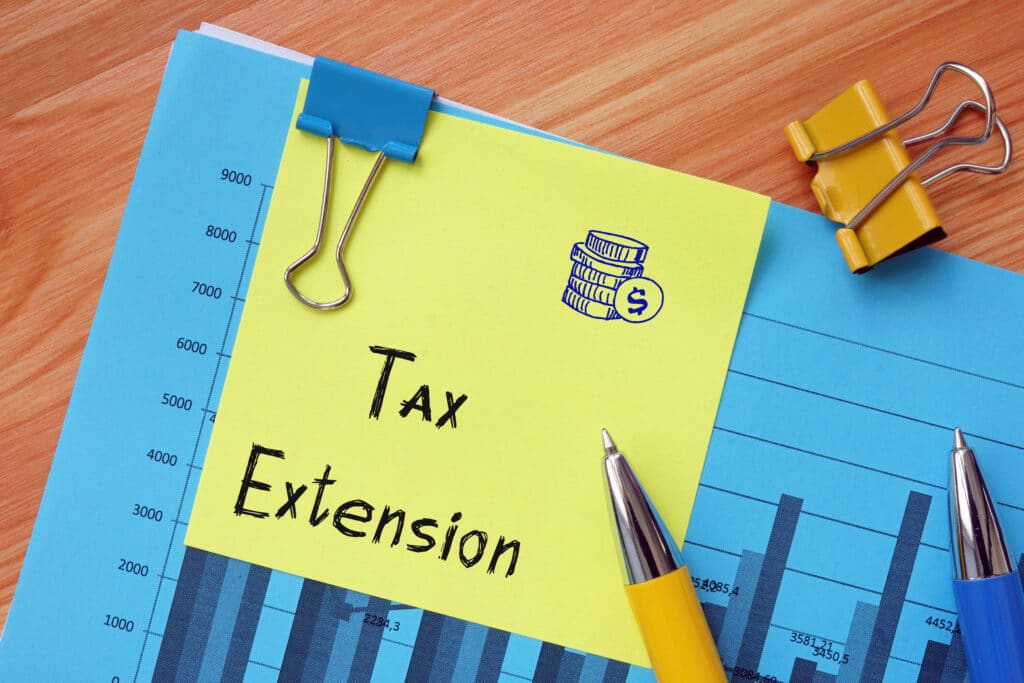;)
;)
;)
;)
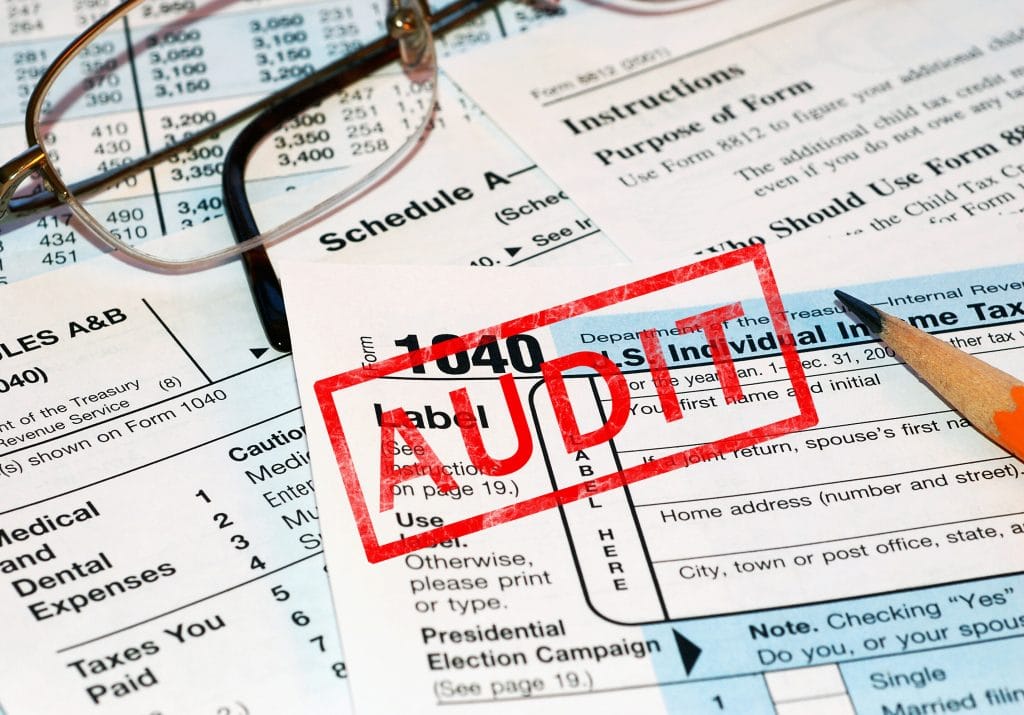;)